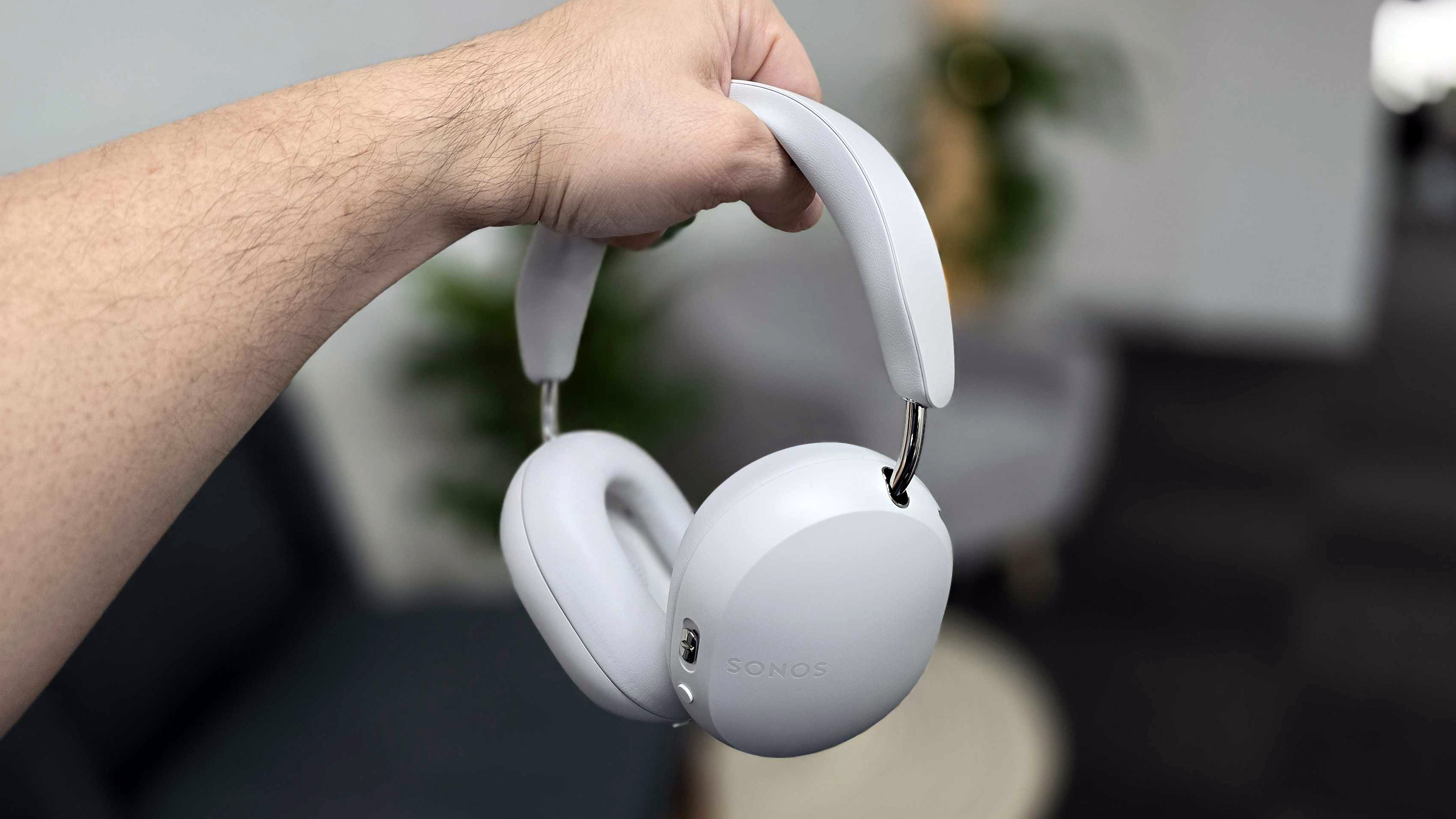I took the viral 15 minute sleep test to see if I’m sleep deprived — and the results surprised me
Are you in sleep debt? This 15 minute sleep test will tell you if you're getting as much rest as you need — here's how
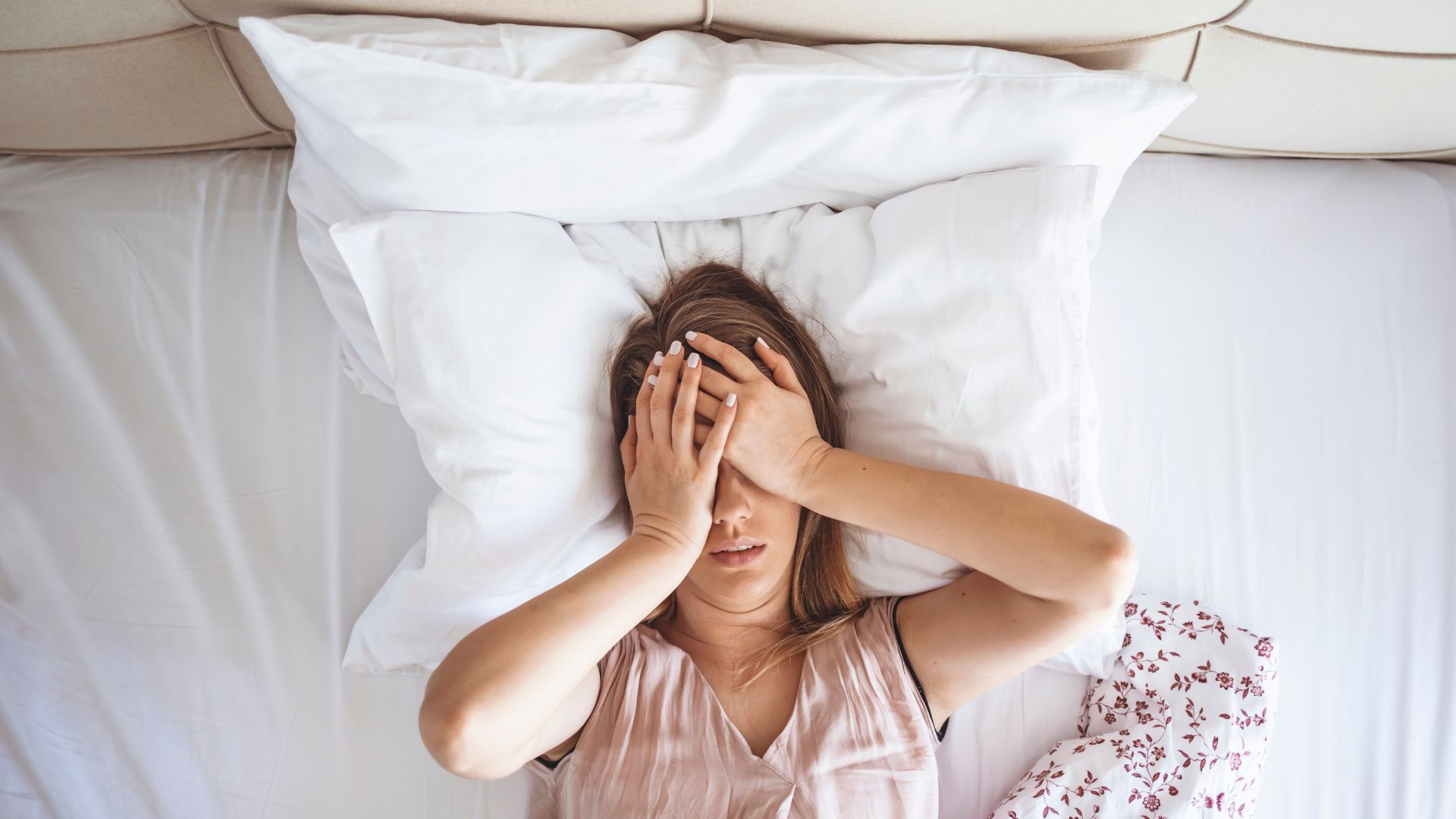
While I'm aware this will make me sound smug, I generally consider myself a good sleeper. Since giving up alcohol nearly four years ago, I have transitioned from disrupted sleep and experiencing long-term sleep deprivation to staying asleep all night and generally feeling refreshed each morning.
However, the realisation that I had been sleep deprived for so long has helped me become more attuned to the common symptoms of consistently not getting enough rest; everything from feeling fatigued during the day to experiencing low moods and brain fog.
In fact, I'm convinced it's essential for everyone to be aware of these (which is why we'll explore some of the main symptoms in more detail below) so you can take steps to improve your sleep if you need to. However, I was intrigued to learn that there's another way to find out whether you're getting enough sleep (or not), and that it takes just 15 minutes.
The viral TikTok sleep deprivation test is quick and easy to do, so I tried it out and have shared the surprising results below, as well as what you need to look out for if you think you may be sleep deprived.
What is the 15 minute sleep deprivation test?
The 15 minute sleep deprivation test originated from a now-viral video by TikTok user Ann Russell. The British cleaner has more than 2.8million followers and shares cleaning tips and life advice, including a recent video that has garnered more than 1 million views, where she discusses how to find out if you're not getting enough sleep.
"People have trouble sleeping and there are all sorts of reasons for that, but an awful lot of people don't get enough sleep," she says in the video. However, according to Russell, there is an easy test you can take.
"You go somewhere, you draw the curtains, you make sure it's nice, it's quiet," she says, suggesting your bed or somewhere comfy.
'You set an alarm for 15 minutes time, and you just lay down and you close your eyes. Now if you are still awake when the alarm goes off, you're fine, you're getting enough sleep. If the alarm wakes you, you're not getting enough sleep, and if you wake up five hours later, you're definitely not getting enough sleep."
Get instant access to breaking news, the hottest reviews, great deals and helpful tips.
While it's not clear where Russell first heard about this test (or if she devised it herself), or if it has any scientific backing, we think it's harmless enough that it's worth trying to see the results...
What happened when I took the sleep deprivation test
As someone who is not averse to tests (yes, thank you, I would like to know which dog breed matches my personality), I was happy to interrupt my working day for a possible 15 minute snooze while on the clock.
Following Russell's recommendations, at 12.15pm I drew the curtains in my bedroom, alerted my partner that his presence would not be required in the room for this particular quarter of an hour, popped on my eye mask and lay down on my bed.
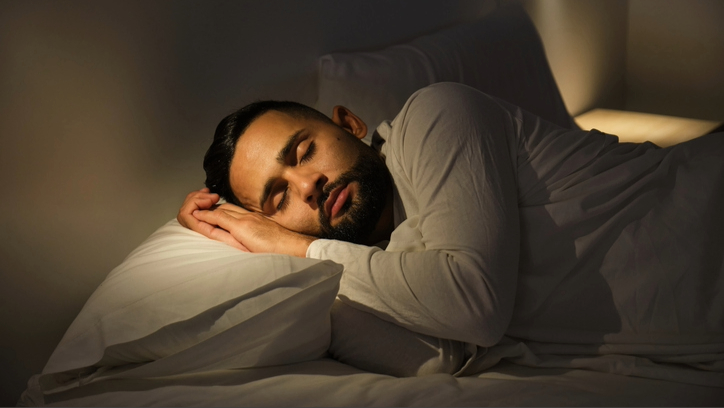
For the first five minutes or so, I was convinced there was no way I would fall asleep. I regularly get between 7 and 8 hours sleep a night, and if I do nap it's generally more of an indulgence slightly later in the day. But more significantly, I was so focused on wondering whether I would drop off that I didn't feel anywhere near relaxed enough for that to actually happen.
I also drink a fair amount of coffee in the mornings, so the caffeine buzz I normally feel hadn't quite dissipated. And, while there's a certain amount of pleasure in getting paid to take a nap, doing so in the middle of a day when my brain was in 'work mode' did mean I wasn't exactly primed to snooze.
So, what happened when the alarm went off at the end of the 15 minutes? Well, I wasn't asleep. But, I was very sleepy. And, I felt mildly irritated because I could sense that I was on the verge of dropping off. I'm certain that if I'd had another 10 minutes, I would have been asleep.
Obviously, the test is 15 minutes long, not 25 minutes. So, by Russell's measures, I am getting enough sleep. However, I was surprised by how close to sleep I got, considering the mitigating factors like the three coffees I'd drunk not long before (ideally it's better to stop drinking coffee at least six hours before you try to get to sleep, unless you're taking a coffee nap), the fact that it was the middle of a day I was working and that I was ruminating about getting to sleep.
It has made me reflect on whether I am truly getting enough sleep, and made me consider the symptoms of sleep deprivation again, and whether any or all still apply to me.
I do think it's important to remember that this test isn't a scientific gauge of sleep deprivation. If you take the test and don't drop off, it could be down to factors such as caffeine or sugar intake, or a racing mind distracting you. But, it may be helpful as one tool to help those who are sleep deprived to understand their sleep situation better. If I'd tried it four years ago or before, I suspect I would have fallen asleep and maybe looked more deeply into why that was.
Ultimately, the 15 minute sleep deprivation test got me thinking about my sleep habits again, but I still think it's more useful to be aware of symptoms of sleep deprivation and educate yourself about the amount of sleep you should ideally be getting.
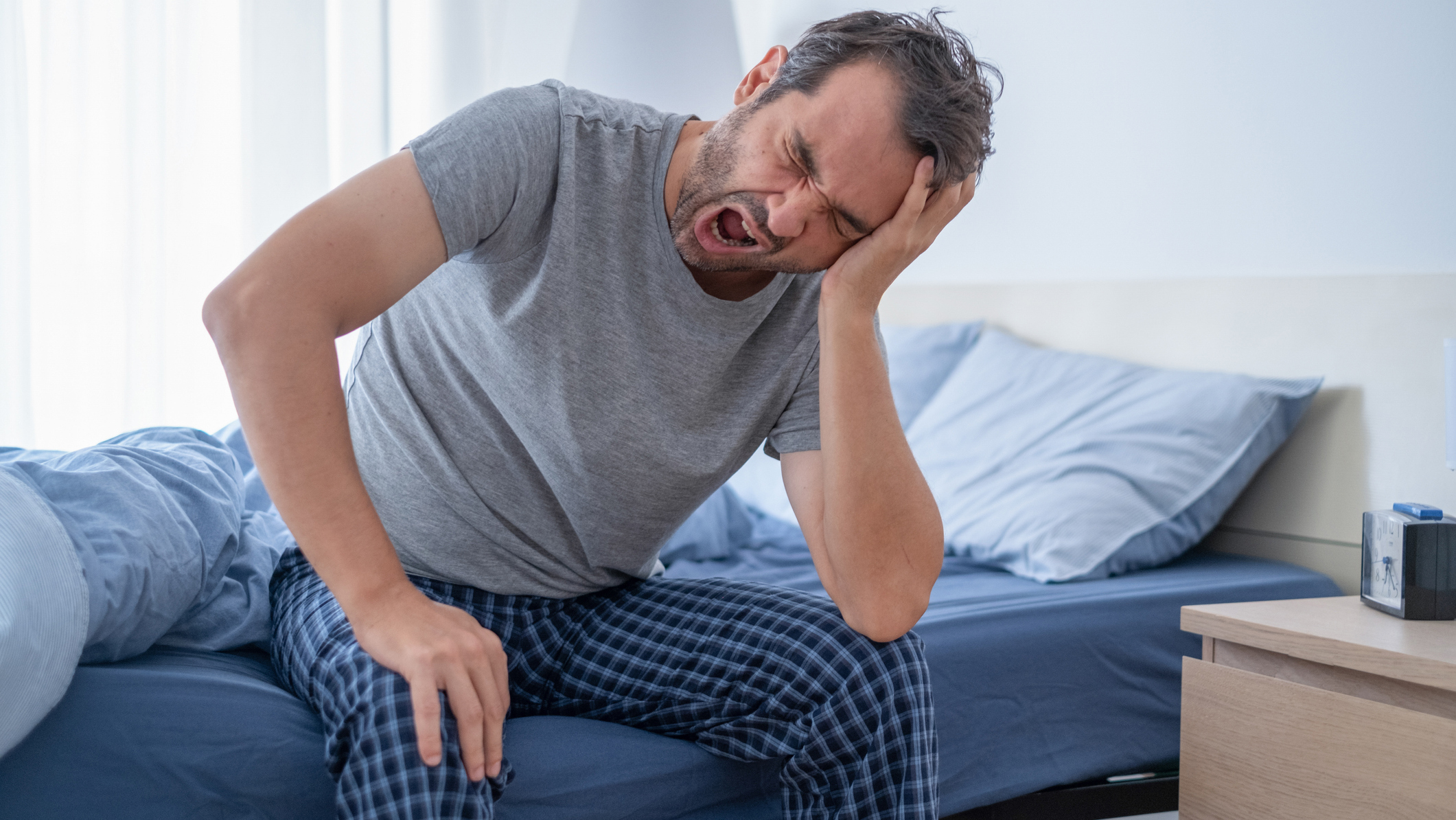
How much sleep do you really need?
In general, it's recommended that the average healthy adult gets between 7 and 9 hours sleep a night. That figure is backed up by the National Institute of Health (NIH) in the US and the National Health Service (NHS) in the UK.
However, there are a broad range of factors that can contribute to the amount of sleep you need. If you have issues with your health, you're more active or you're experiencing stress or upheaval, you may need more sleep. Our individual genetic make up also influences our sleep drive and circadian rhythms. Age plays a role too, the National Sleep Foundation says that those over 65 may need less sleep: between 6 and 8 hours.
Ultimately, the amount of sleep each individual requires is going to be dependent on personal circumstances, which means it's wise to be aware of any signs you may be sleep deprived.
5 common sleep deprivation symptoms
While the 15 minute sleep deprivation test may be useful, educating yourself about the symptoms of sleep deprivation is a more reliable way to determine if you need to reassess the amount of sleep you're getting.
1. Falling asleep too fast
The ability to fall asleep quickly is a skill most of us would be (or are) happy to have. But the reality is that sleep latency (the amount of time it takes to drop off) is somewhere between 10 and 20 minutes on average for most people.
So if you're falling asleep in five minutes or less, or find yourself drifting off when you hadn't intended to (while watching TV in the evening, for example) it may be a sign that you're experiencing sleep deprivation.
2. Low moods and irritability
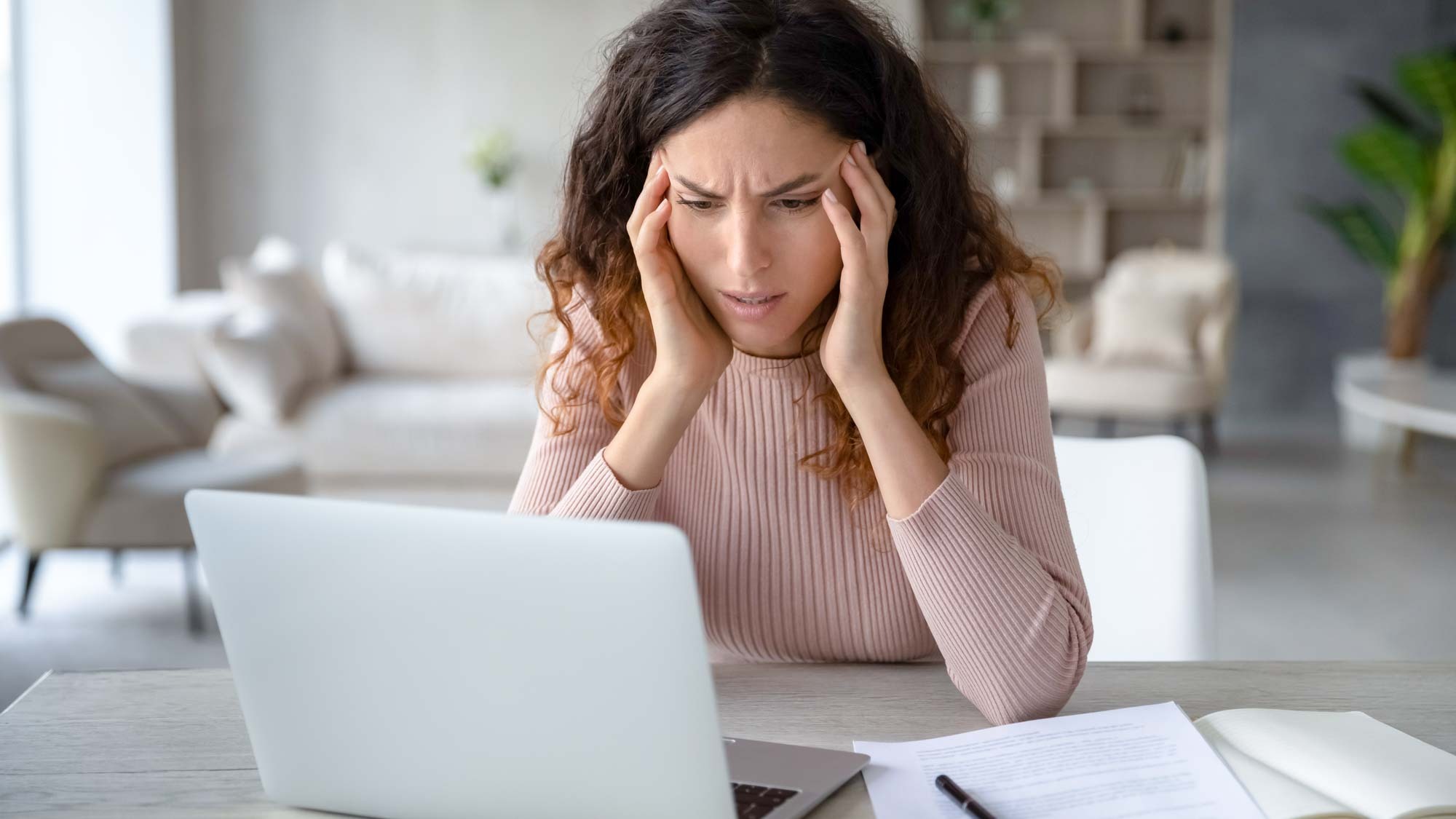
According to John Hopkins Medicine, "poor sleep may create difficulties regulating emotions." Indeed, one study into the effects of sleep deprivation showed that when their sleep was restricted to 4 or 5 hours each night over the course of a week, participants experienced increased mood disturbances, stress, confusion and mental exhaustion.
So, if you're finding yourself irritable, tense or experiencing low moods, it could be that you're experiencing a side effect of sleep deprivation. Remember though, that it is important to consult your doctor for support if you notice that you're feeling low over an extended period of time.
3. Cognitive fog
If you're going about your day-to-day tasks but struggling to stay focused, or to grasp details you'd normally be able to easily recall, it's possible you're experiencing cognitive fog, or brain fog, as a result of being sleep deprived.
"People who are sleep deprived tend to struggle to focus on tasks, experience memory lapses, and have reduced cognitive abilities," Dr Lindsay Browning, leading sleep therapist, neuroscientist, chartered psychologist, author and CBT-i practitioner at Trouble Sleeping previously told us.
Research has shown that the cognitive functions affected by sleep deprivation include "psychomotor and cognitive speed, vigilant and executive attention, working memory, and higher cognitive abilities."
4. Daytime fatigue
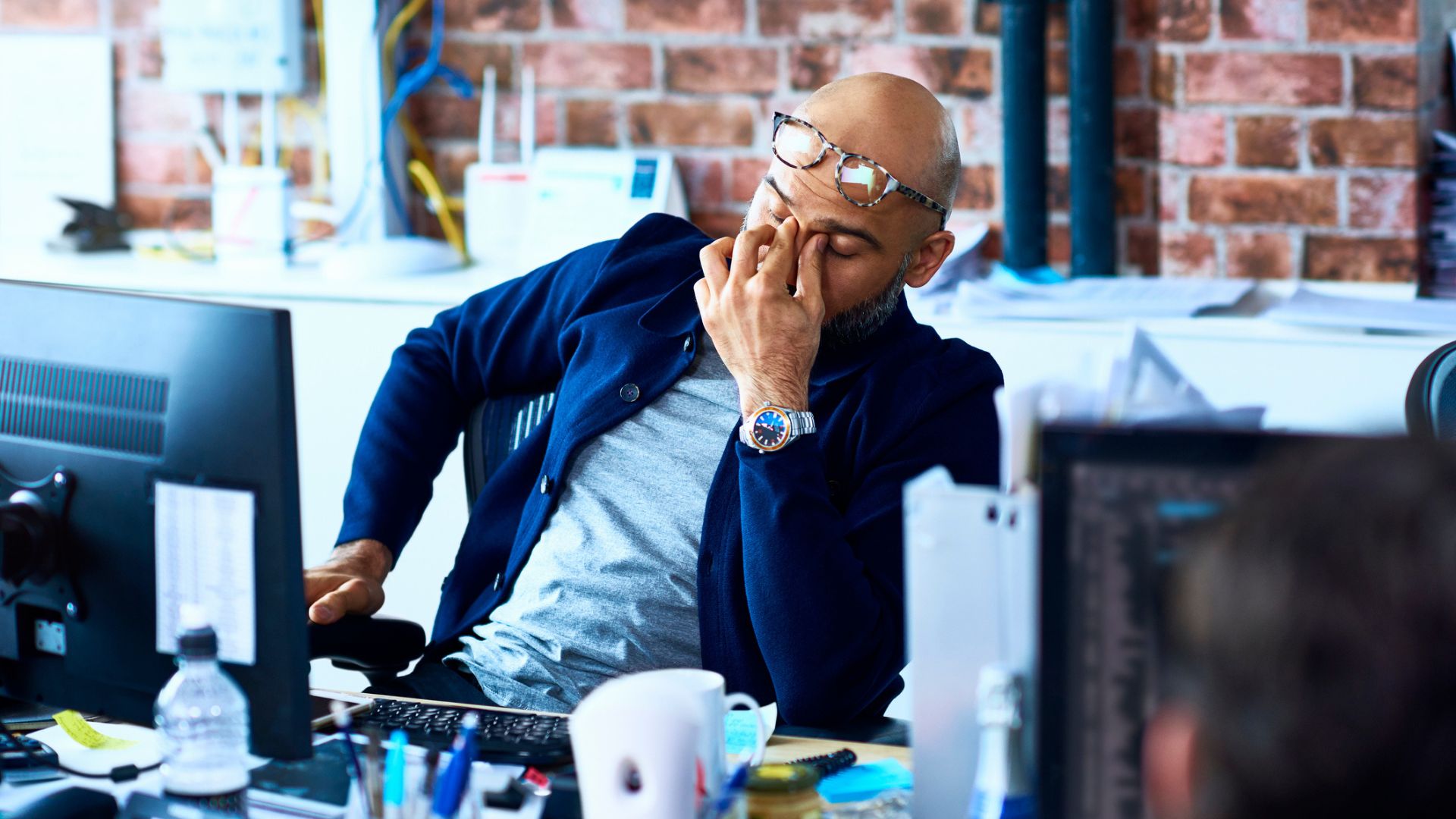
Perhaps one of the most straightforward ways of determining whether you may not be getting enough sleep is if you feel consistently tired throughout the day. While daytime fatigue can be down to lifestyle factors like diet, stress, lack of exercise or overindulging in caffeine, it is also a sign of sleep deprivation. And, unfortunately, getting a good sleep one night won't fix matters.
"You may be feeling sluggish and tired during the day, even if you got enough sleep the night before. You may feel mentally tired, physically tired, or both," Dr. Browning previously told us.
5. You experience microsleeps
No, microsleeps are not the latest TikTok napping trend. They're actually incredibly short periods of time, between one and 15 seconds, when you fall asleep, sometimes even with your eyes open. And, according to the National Sleep Foundation, you're more at risk of microsleeping if you're sleep deprived.
As they're so short, many people may not even be aware that they are experiencing microsleeps, but if you know you're not getting enough sleep, are struggling to respond as quickly as you normally would to your environment, or are yawning frequently, there is a possibility you may be microsleeping.
Jenny Haward is a U.K. based freelance journalist and editor with more than 15 years of experience in digital and print media. Her work has appeared in PEOPLE, Newsweek, Huffpost, Stylist, ELLE, The Sydney Morning Herald and more. Jenny specializes in health, wellness and lifestyle, taking a particular interest in sleep.
You must confirm your public display name before commenting
Please logout and then login again, you will then be prompted to enter your display name.
